Vitamin C supplements are essential for supporting skin care, immunity, bone strength, and joint flexibility. Vitamin C plays a vital role in collagen production, which is crucial for the health of your skin, bones, cartilage, blood vessels, gums, and teeth. It acts as a powerful antioxidant, protecting cells from damage caused by free radicals, helping to combat signs of aging and promoting healthy skin. Vitamin C also supports immune function, aiding in the body's defence against infections and colds. Regular supplementation can improve bone health and joint flexibility, making it an important nutrient for overall wellness. Available in various forms like tablets, chewable forms, and powder, Vitamin C is an easy way to ensure you’re getting your daily intake. Welzo’s Vitamin C products are designed to help you feel your best every day. Buy Vitamin C supplements at Welzo for a healthier, stronger, and more vibrant you.


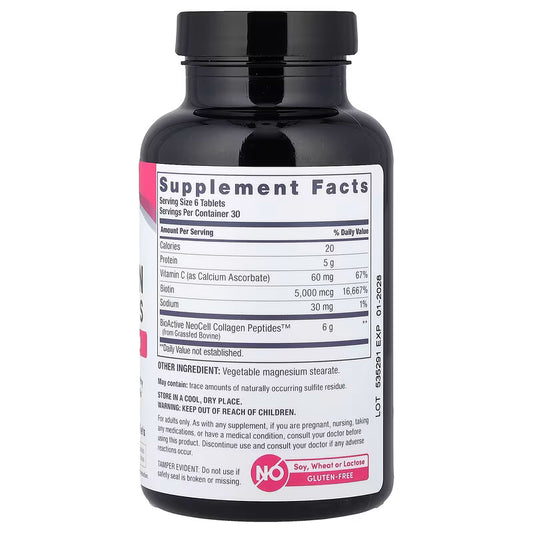



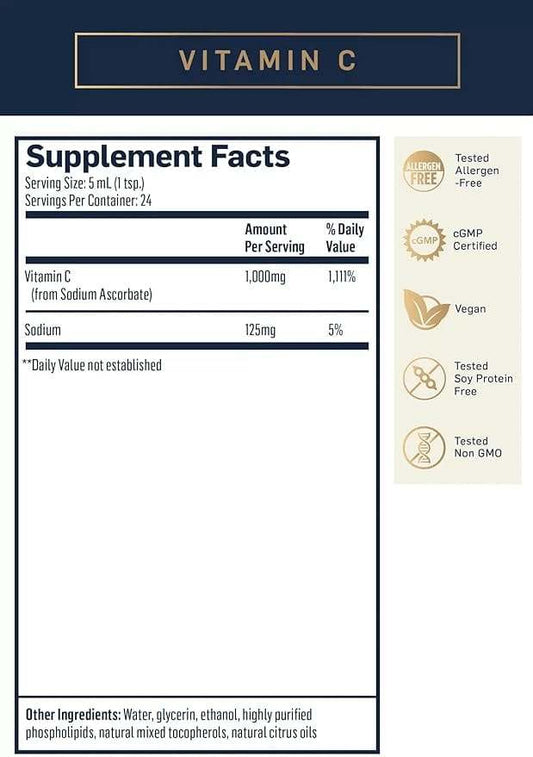








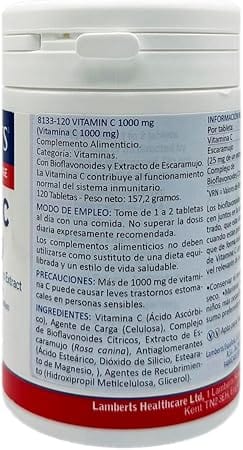


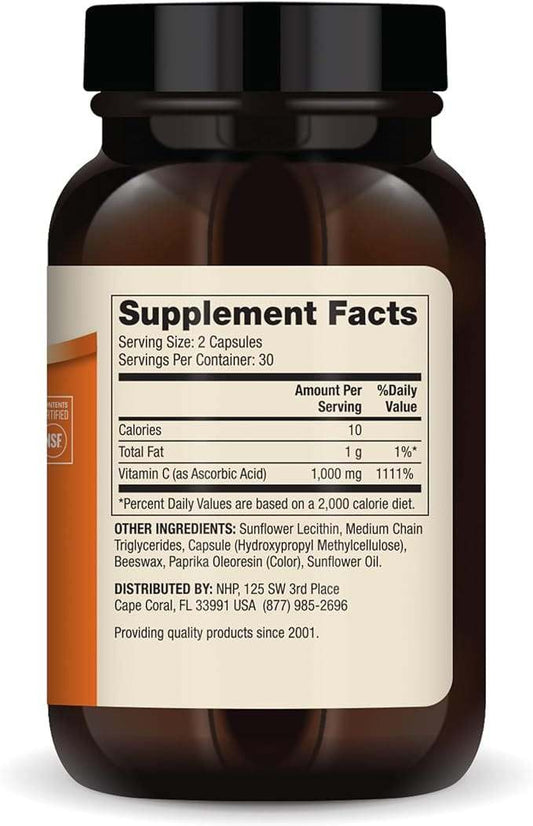



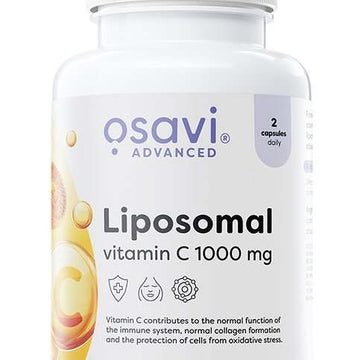
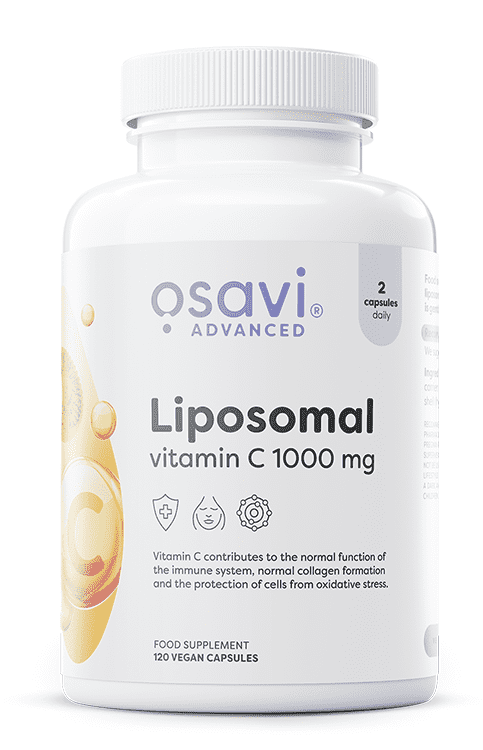
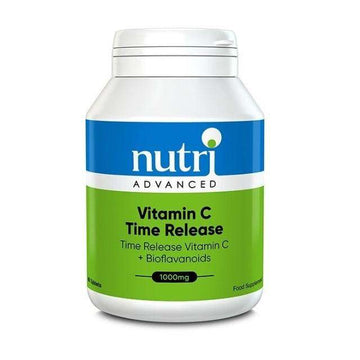


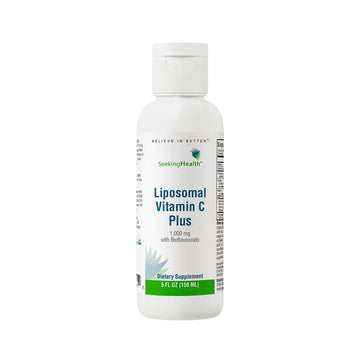
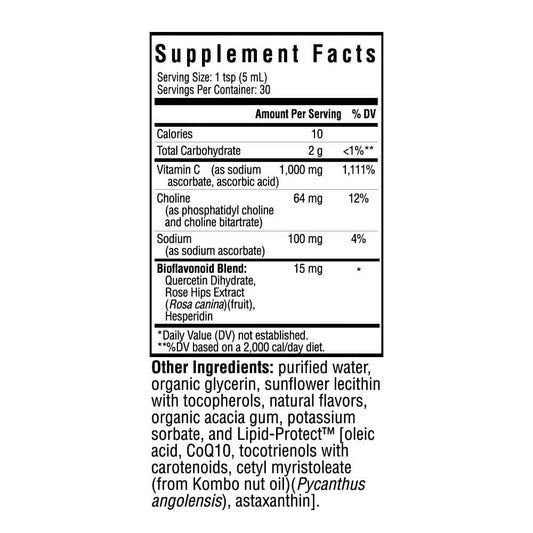



 Rated Excellent by 26,523+ Reviews
Rated Excellent by 26,523+ Reviews